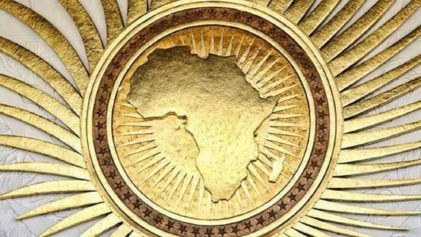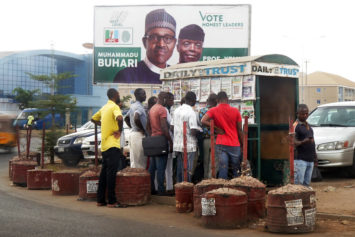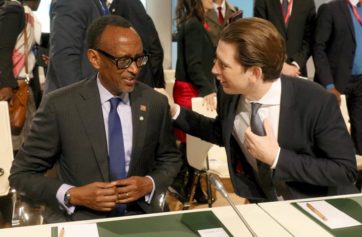The African Union has vowed to finance its working budget using mainly domestic resources as it marks its 50th anniversary this week, the deputy chairperson of the continental body’s commission has said.
Erastus Mwencha made the comments on Thursday at the AU’s headquarters in Addis Ababa, the Ethiopian capital, while addressing a news conference about the union’s budget and financial independence.
The financial independence of the AU, launched in 1963 as the Organization for African Unity (OAU) before being renamed in 2002, has been a source of controversy for a long time, as much of its working budget is financed by foreign donors.
The construction of the new AU headquarters was funded by China and African countries pay for only about 40 percent of the AU’s budget. China, the European Union and the U.S. pay for the rest.
The AU has been finding itself in difficult situations, since the finances from donors almost always come with strings attached.
“It’s not possible that the partners will always align themselves to your priorities,” Mwencha said. “That is always the danger you face. Partners have got their biases, and rightly so. And this is one of the things many of us have been saying. You may find partners preferring certain areas of cooperation.”
Operational Budget
The new move is in line with Africa’s renaissance and the commission’s quest for complete independence.
Mwencha said the commission wanted to fully finance itself from resources raised domestically.
“At the commission level I can tell you that we’re doing everything possible. For instance, for the budget of what I would call operational budget, that is 100 percent financed by member states,” he said.
“On program we are trying to see how we can also reduce the dependence. But for the collective vision, we still have a high percentage. In fact the overall figure that we are looking at between foreign and domestic financing is around 45 ( to) 55,” said Mwencha, apparently meaning percent.
In line with a $308 million budget that has been adopted by the executive council for the work of the commission for the year 2014, peace and security and socio-economic development remain a top priority and will be taking 55 percent of the budget.
According to the AU, the draft plan of 2014-2017 is now under discussion, prioritizing eight key areas. They include economic development, human capital and agricultural development.
Nkosazana Dlamini-Zuma, the head of the AU, told the executive council on the eve of the anniversary that impressive economic growth on the African continent “has not yet translated into rapid social transformation”.
“It has not yet translated into rapid industrialization, increases in quality jobs, incomes and sustainable development,” she said.
But she added that consensus remained that Africa was heading in the right direction.
Source: Al Jaazeera


